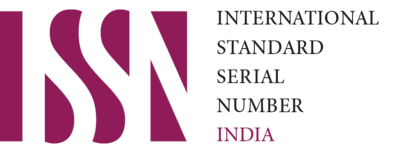FINANCIAL INCLUSION THROUGH ACCESS TO BANKING SERVICES AMONG TRIBES : A CASE STUDY ON ODISHA
Keywords:
Financial Inclusion, Accessibility, Rural and tribal household , Banking servicesAbstract
The purpose of this study is to determine access to formal financial services (in this case banking services) in the Mayurbhanj and Kendujhar districts of Odisha, India. Targeted sampling and multistage sampling methods were used for district or village selection. Both primary and secondary data has been used in this study. Primary data are collected through face-to-face interviews with householders using the design of structured interviews. The provision of banking infrastructure in Sample Districts, especially Sample Panchayat in Kendujhar District, is not sufficient.94.8% of respondents in both districts have access to banking services, including 98% in Mayurbhanj district and 88.5% in Kendujhar district. The majority of respondents opened an account during the Financial Inclusion Initiative. A respondent`s income level and literacy rate are the most important determinants of access to a bank account. Financial awareness in both districts is very low and households do not have access to relevant features of bank accounts such as debit cards, credit cards, loan accounts, checking facilities and overdraft facilities. The main reasons for not having a bank account are lack of regular and sufficient income and lack of financial awareness. This study examines accessibility and its determinants at the grassroots level by examining village households. It would be helpful for policy makers to design appropriate systems and programs to improve accessibility and use of banking services, especially in rural and tribal areas.
Downloads
Downloads
Published
How to Cite
Issue
Section
License
Copyright (c) 2023 Rupak Kumar Tung, Tanuja Mohanty, Brahmananda Barik

This work is licensed under a Creative Commons Attribution-NonCommercial 4.0 International License.









